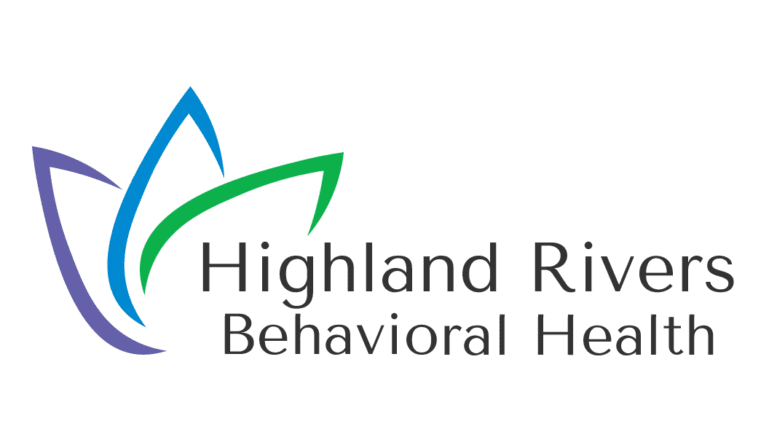[This guest opinion article is from Melanie Dallas, the CEO of Highland Rivers Behavioral Health]
By Melanie Dallas, LPC
On December 1, Highland Rivers Health issued a news release about some big changes at our agency. Although already one of the largest Community Service Boards (CSB) in Georgia, we are getting even bigger as Haralson Behavioral Health Services and Cobb County Community Services Board (CCCSB) are integrated into our agency – which will now be known as Highland Rivers Behavioral Health.
Since 2003, Highland Rivers has served a 12-county region of northwest Georgia that is home to just under a million people. We have approximately 650 staff and an annual budget of approximately $54 million.
CSBs like Highland Rivers were established to function as Georgia’s behavioral health safety net, serving individuals who otherwise would not have access to treatment services for mental health, substance use, and intellectual and developmental disabilities. We serve individuals who are low-income, uninsured or underinsured. As a public service agency, 88 cents of every dollar go directly to providing care.
Highland Rivers Health is a highly successful agency, serving between 15,000 and 16,000 individuals annually. While the wages we pay are not competitive due to the level of funding we receive, we have the most compassionate and committed staff working to serve our communities.
However, not every CSB has been able to sustain operations with the level of state and federal reimbursements. And, with limited-experience leadership, the number of individuals they are able to serve may decrease. This was the challenge facing Cobb County CSB, especially as a one-county agency; it was unable to provide services at a level adequate for a county of more than 750,000 residents.
For its part, Haralson Behavioral Health Services was a very small agency, serving a county with fewer than 30,000 residents, and did a great job providing care for its community. Highland Rivers provides some services to county residents – and counted Haralson among the 12 counties we served – but the Haralson agency did not have the resources to expand further, or enhance the enterprise operations necessary to move into the future of healthcare.
And so, as we face an unprecedented increase in demand for behavioral health services on the heels of the pandemic, the time was right to make some bold changes – but changes that would ensure behavioral health services remain available for Georgia’s most vulnerable residents.
Highland Rivers Behavioral Health will now be the largest publicly-funded provider of behavioral health services in Georgia, with an annual budget in excess of $77 million and a staff of nearly 1,000 professionals. We will continue to operate with a very small margin. But, without having to maintain three separate management operations, we will be able to devote more resources to services, and expect to increase the amount and quality of services across our entire 13-county area.
Finally, Highland Rivers Behavioral Health has a new logo. It was actually designed by a member of the Highland Rivers team who is a talented designer and also lives with a mental health condition. Representing healing, compassion and self-awareness, it includes the color purple, for substance use recovery; blue, for disability awareness; and green, for mental health.
While a logo may not seem a priority in the substantial work of integrating, I believe the new identity and its symbolism is a perfect way to keep our focus where it belongs – on our services and the individuals who need them. We look forward to what’s ahead!
Melanie Dallas is a licensed professional counselor and CEO of Highland Rivers Behavioral Health, which provides treatment and recovery services for individuals with mental illness, substance use disorders, and intellectual and developmental disabilities in a 13-county region of northwest Georgia that includes Bartow, Cherokee, Cobb, Floyd, Fannin, Gilmer, Gordon, Haralson, Murray, Paulding, Pickens, Polk and Whitfield counties.
